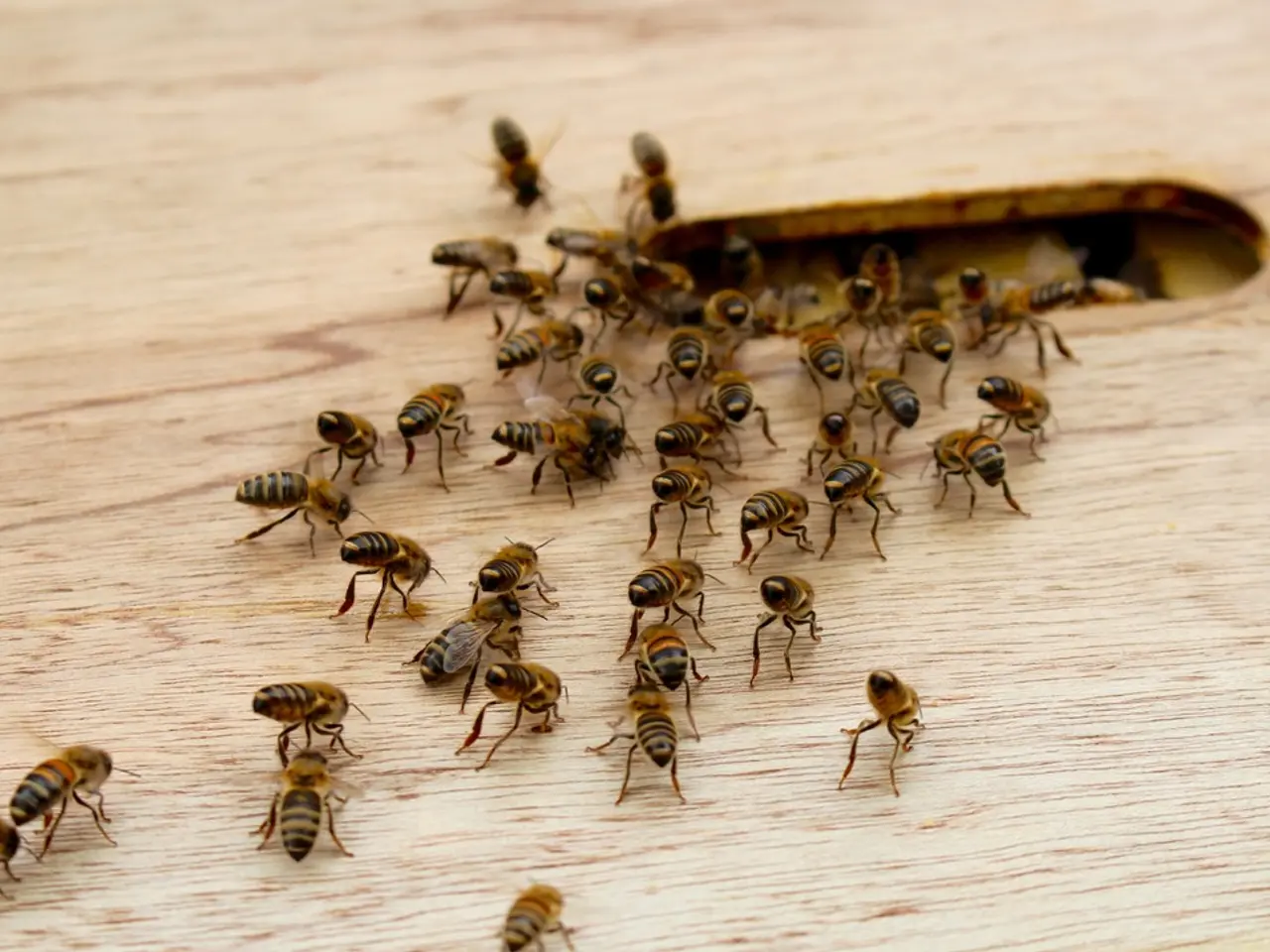Managing Bonsai Pests with Insecticidal Soap: An Efficient Solution to Pest Control Issues
In the world of bonsai cultivation, maintaining a healthy and aesthetically pleasing tree requires vigilance against pests. One effective, yet gentle solution is the use of insecticidal soap. This article will delve into the benefits, application, and safety considerations of using insecticidal soap in bonsai care.
Insecticidal soap acts as a natural defense against soft-bodied pests such as aphids, spider mites, mealybugs, and scale. It targets these pests by physically disrupting their outer protective waxy coating, causing dehydration and cell membrane disruption, leading to the insects' demise. This method is considered a mild, less toxic alternative to synthetic chemical pesticides.
When using insecticidal soap, it's crucial to exercise caution to prevent potential risks to humans, pets, and the environment. Users should wear protective gear, avoid spraying in windy or rainy conditions, and keep the solutions away from open flames, sparks, or hot surfaces.
In bonsai care, mild insecticidal soap or neem oil solutions are recommended to gently spray affected leaves or branches, targeting aphids and spider mites while avoiding damage to the tree itself. Scale insects may require additional manual removal due to their hard protective covering.
However, it's essential to note that insecticidal soap can weaken bonsai trees, reduce their ability to thrive, and compromise their aesthetic appeal if overused. As a general guideline, insecticidal soap can be applied every 3-5 days to control moderate infestations. For more severe infestations, daily applications may be necessary.
Organic alternatives like neem oil, garlic oil, and mild dish soap can also be used to control soft-bodied insects. Timing, dilution, and coverage are crucial factors to consider when applying insecticidal soap for optimal effectiveness.
The environmental impact of insecticidal soap is a significant concern for bonsai enthusiasts. Improper use or excessive application can still harm beneficial insects and the environment. However, when used responsibly, insecticidal soap biodegrades quickly, reducing the risk of long-term environmental damage.
It's also worth mentioning that not all bonsai tree species respond equally to insecticidal soap, as some trees may be more susceptible to soap damage. Aphids, for instance, can transmit plant viruses, causing curled or distorted leaves.
In conclusion, insecticidal soap is an effective tool in the bonsai grower's arsenal against soft-bodied pests. By understanding its benefits, application, and safety considerations, bonsai enthusiasts can maintain healthy, beautiful trees while minimizing harm to the environment.
In environmental science, insecticidal soap has applications beyond bonsai care, as it can also control soft-bodied pests in the wider environmental context, such as in the garden or on plants. In the realm of lifestyle, it is a popular choice among those seeking environmentally-friendly, organic pest control solutions.
Fashion-and-beauty and food-and-drink industries can also benefit from insecticidal soap, as it can be used to prevent and treat infestations of soft-bodied pests, ensuring the quality and safety of produce, cosmetics, and other consumable goods.
Innovations in technology can further improve the effectiveness and safety of insecticidal soap. For example, manufacturers are developing sprayers with precise application controls, reducing the risk of overuse and environmental harm.
Lastly, in the realm of home-and-garden, insecticidal soap is not only a tool for pest control, but also a means to promote the growth and health of plants. Its ability to target soft-bodied pests while leaving beneficial insects unharmed makes it an invaluable addition to any gardener's toolkit.






